Security – Types Of Security Alarm Systems Used In Hotels
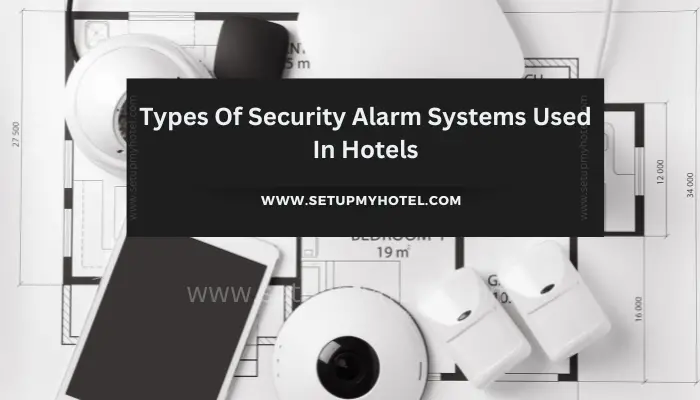
Types of Security Alarm Systems Used in Hotels Hotels are a prime target for theft, burglary, and other security breaches. ...
Read more
Security – Crime Prevention Through Environmental Design In Hotels
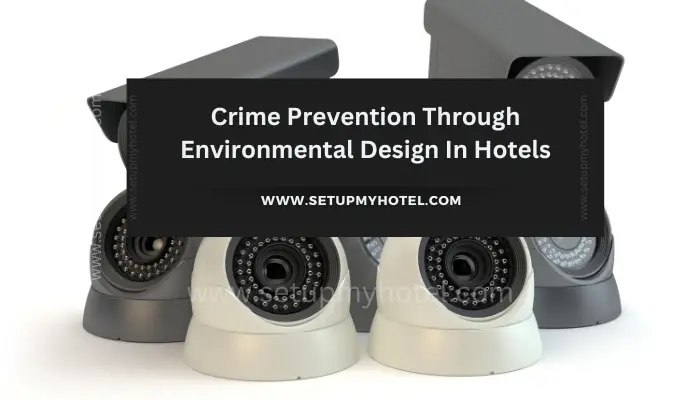
Crime Prevention Through Environmental Design In Hotels Crime Prevention Through Environmental Design (CPTED) is an approach that focuses on designing ...
Read more
Security – Hotel Security Department Organization Chart
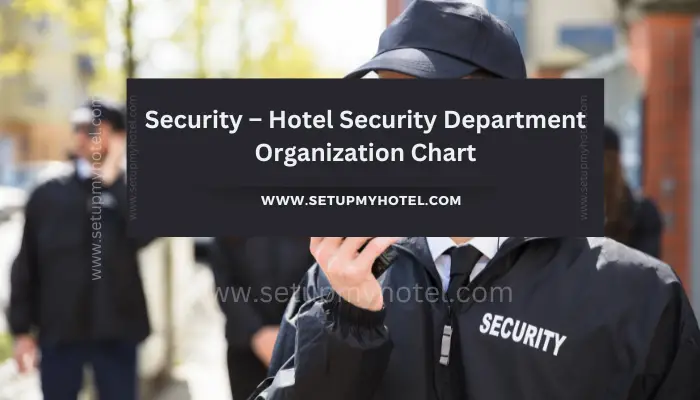
Sample Organization Chart For Hotel Security Department No two hotels have identical security requirements. National Security Standards are not suitable ...
Read more
Security – Different Types Of Security Staffing In Hotels
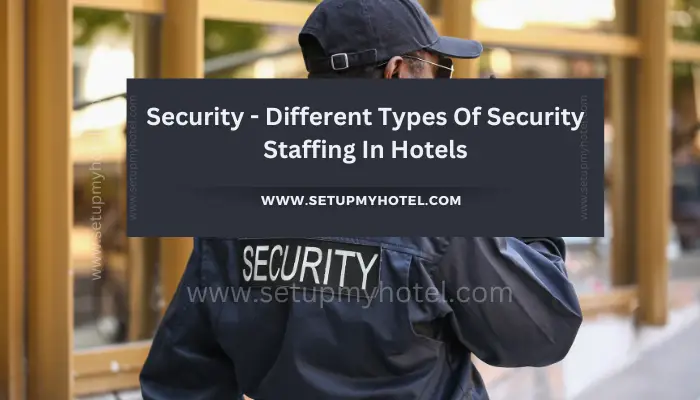
Types of Security Staffing in Hotels Security is a crucial aspect of any hotel business. It is essential to ensure ...
Read more
Security – Types Of Safety Equipment’s Used In hotel Industry
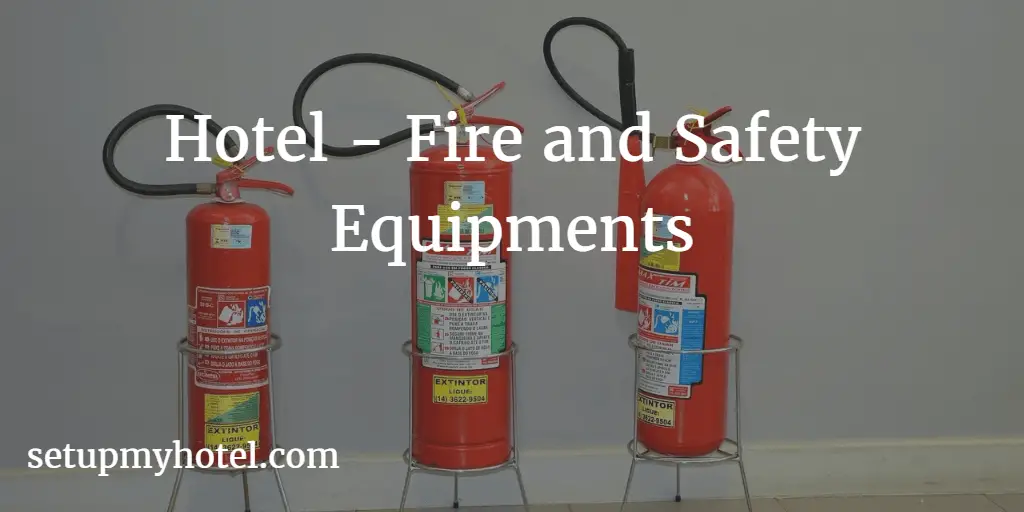
Types of Safety Equipment Used in the Hotel Industry Safety is a top priority in the hotel industry, both for ...
Read more
Hotel Safety Manager Duties And Responsibilities
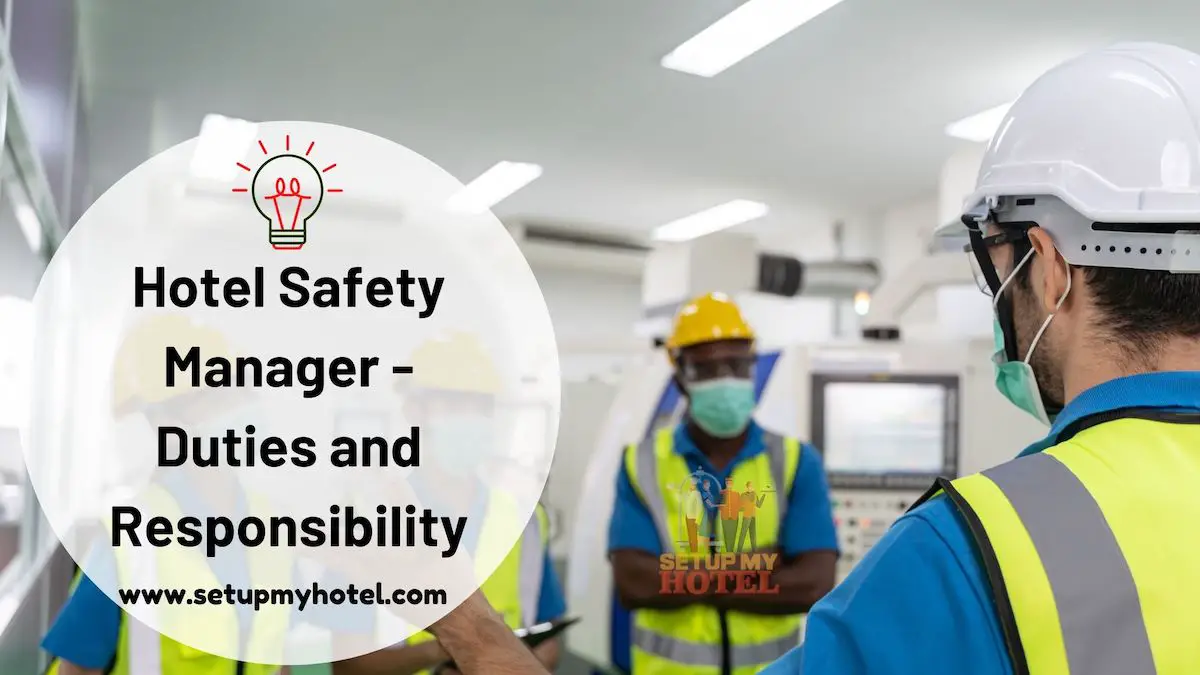
Job Description, Duties, Interview Questions and Salary For Hotel Safety Manager Position As a Hotel Safety Manager, you will be ...
Read more
Fire Safety and Security Letter Sample
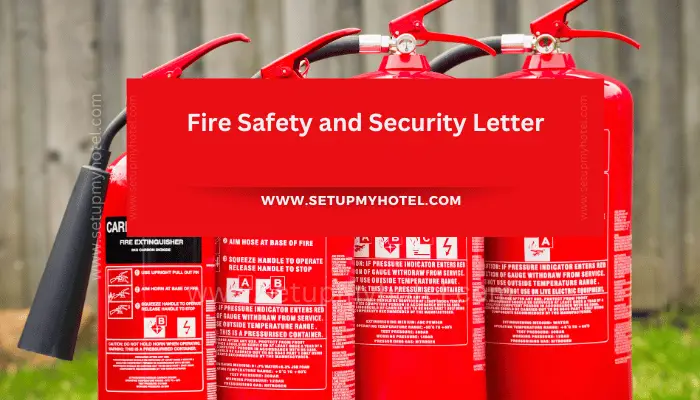
Sample Fire Safety and Security Letter Placed in hotel rooms Fire safety and security are top priorities for any hotel. ...
Read more









